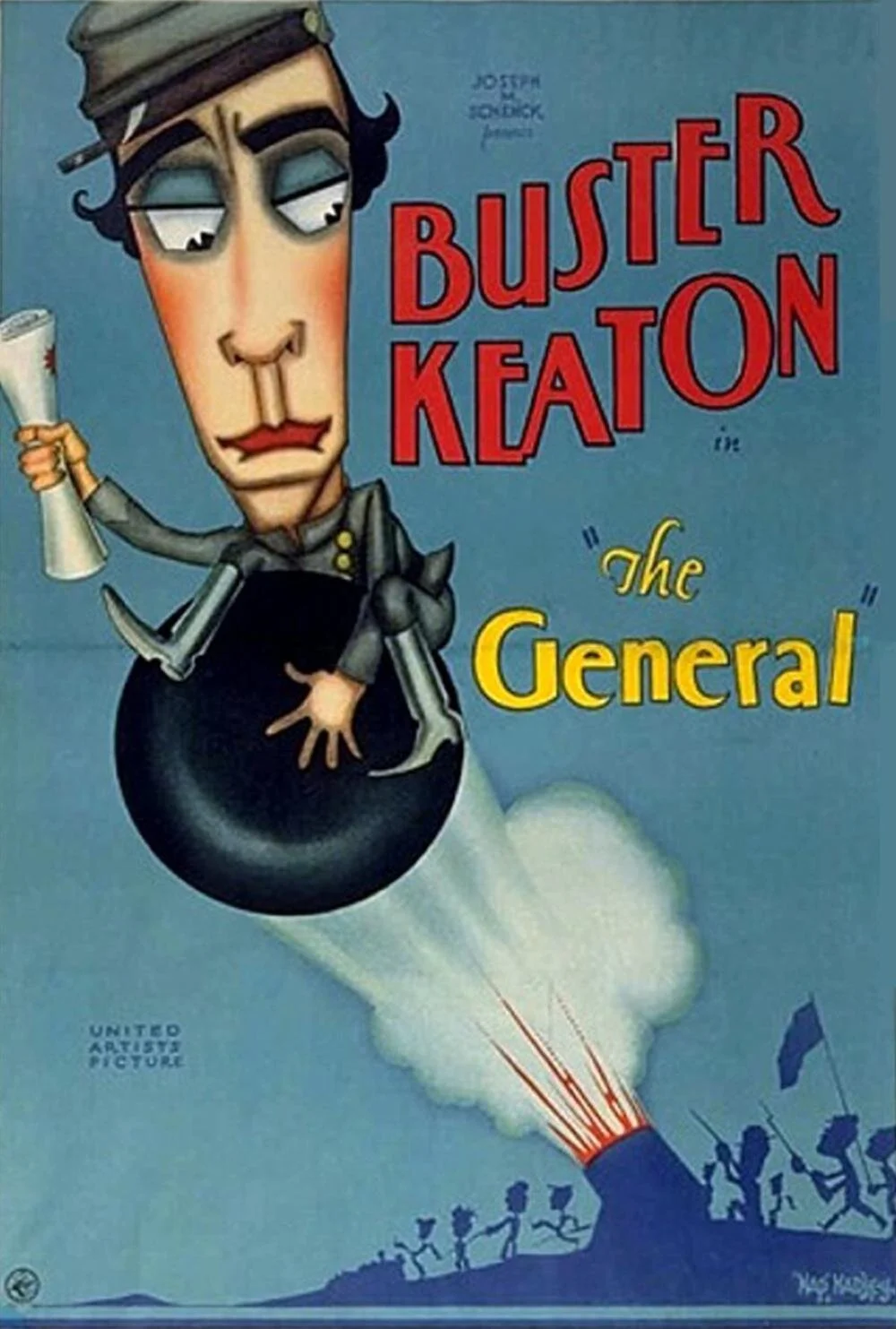The Jazz Singer (1927)
Written by Alfred A. Cohn
Directed by Alan Crosland
1998 List Ranking: 90
2007 List Ranking: NA - Removed
Sigh. I had no idea this list was gonna be so problematic. I don’t think I would have not started it, because I do think these films are important (even if they aren’t great or have awful messages), but I probably would have been better prepared for what awful things there are in these films.
Al Jolson ushers in the era of sound with an iconic line
Anyway, onto The Jazz Singer. While not the first example of sound-on-film, The Jazz Singer is the first feature-length (e.g., 40+ minutes) “talkie”, and its release was groundbreaking. There wasn’t an overnight switch from silent films to talkies (as the next few films on this list will show us), but it certainly rang the death knell for silent films, as well as the careers of many famous silent film stars. That transition is, as I’ve noted before, an incredibly interesting part of Hollywood history to me, so to finally see the film that plays such a crucial role in that chapter is, in many ways, a dream come true.
Jolson as himself…
So, as a historical artifact, the film is quite interesting. Besides the cinematic history I just mentioned, it showcases popular (and incredibly racist) entertainment of the time. That racist entertainment? You guessed it: blackface. I knew going into the film that its star, Al Jolson, was famous for his blackface career, but by midway through the movie, it was just him, as he is (was?). I began to get hopeful. So much so that I thought nothing of him getting ready in his dressing room until he started smearing the black makeup on his face and I literally said “OHHHH god, here we go”. Jolson spends nearly the rest of the film in blackface, and it’s pretty awful.
…and in blackface.
There is a strange irony in the film, in regard to blackface, that either is explicitly not addressed, or just goes over the filmmaker’s heads. Jolson plays Jakie Rabinowitz, the son of a Cantor, who desires fame on Broadway, not to sing in a synagogue. Just as he is about to get his Broadway debut (in blackface), his father falls ill, leaving no one available to sing at the synagogue except Jolson. While in blackface, he struggles with what to do, torn between his desire to be on Broadway and his devotion to his religion. The irony comes from when he says he feels “the call of my race”…AS HE’S IN BLACKFACE. And no one says anything about it! If there was ever a moment for an Office-style look to the camera, this is it. I would LOVE to believe that the disconnect here is intentional, but the cynical side of me says it’s just racism showing up, once again.
Besides all that, the film is interesting. Jolson is engaging to watch (when not in blackface), and his performances, the bulk of the synced audio, are entertaining. The lip-syncing doesn’t always match up very well (the dialogue scene with his mother is about a second off in the syncing), but I suppose it gets a pass for the newness of the medium. The only dialogue that is synced with the film is Jolson’s performances (plus a young Jakie at the beginning of the film), with a little bit of dialogue in-between a couple of them. Mostly, though, the film is still silent, and Jolson and the other actors do an adequate job of emoting without sound.
Mary (May McAvoy) has no time for Jakie’s qualms
There are a few minor characters that get some screen time, but it’s really Jolson’s picture: I couldn’t tell you the names of any other character without having to look it up. It’s not that they’re forgettable, it’s just that Jolson dominates the picture. It’s all Jolson, all the time, and the other characters are incredibly one-dimensional. The Broadway people, for example, do nothing except essentially tell Jolson to ignore his dying father and the service he could pay to his religious community in order to make opening night. I get that the show must go on, but…JESUS. How heartless can you be? There is another moment that seems unnecessarily dramatic, when a producer tells Jolson he’s been fired from the vaudeville tour he’s on. He lets Jolson become sad, lets him say a farewell to all his friends, really crushes his dream…and then tells him he’s been let go from the tour in order to star on Broadway. Who does this? NO ONE. It’s just an attempt to squeeze out some tension and it just falls flat.
There is a great (and well-known) line after Jolson’s first performance, in which he tells his audience, “You ain’t heard nothin’ yet!”, a great tip-of-the-hat towards the cinematic audience, a nod to both the immediacy of the viewing and of the viewers to come. At that point in time, the audiences (and the industry) truly had no idea what was coming thanks to the success of this film. This film may not be great, it might have some aspects that REALLY do not hold up nearly 100 years later, but it is a major cornerstone of film history, a linchpin in creating the movies we love today.
FINAL GRADE: B-






